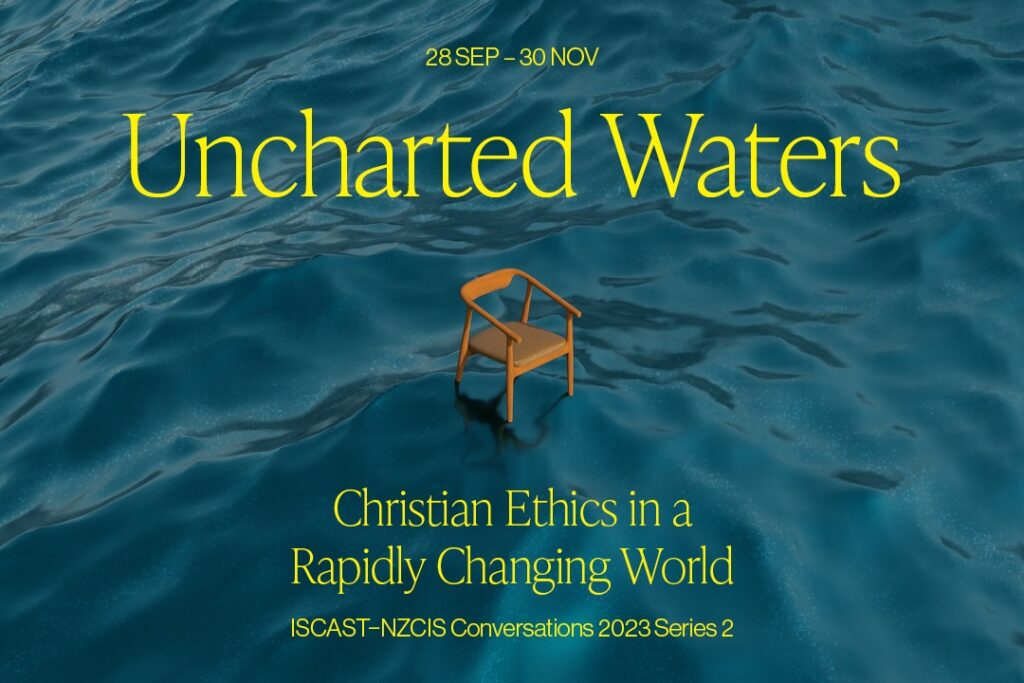
When: Thursday 28th Sep 2023 @ 8:30 pm – Thursday 30th Nov 2023 @ 9:30 pm
Where: Online
As science and technology progress, we are faced with previously unimaginable ethical challenges, including questions within medicine, euthanasia, genetic engineering, personal identity, environmental stewardship, and the current AI boom.
How do Christians think ethically in a secular, diverse, and postcolonial society? How relevant is the notion of the “image of God”? What part do love and charity play? And what does “justice” look like?
Come and be a part of our weekly online discussions as we examine some of the most challenging ethical issues of our time.
ISCAST and NZCIS are delighted to be bringing back another series of 10 incredible weekly online Conversations surrounding Christian ethics in our increasingly techno-scientific world.
DETAILS:
- Thursday nights from 28 September until 30 November
- Starts 8:30 p.m. NZST
- Presentation: 30 minutes
- Discussion & Questions: 30 minutes +
PRICES:
For this Conversations series, you can either register for the full series, or register for separate sessions.
We’re offering ISCAST and NZCIS members 50% off. If you’re a student member, you can register for free! Become a member of ISCAST or NZCIS today.
- $70 for the full series ($35 for ISCAST/NZCIS Members)
- $20 for student/concession, full series (FREE for student/concession members of ISCAST or NZCIS)
- $15 per session ($7.50 for ISCAST/NZCIS members)
About the ISCAST–NZCIS Conversations
Since 2020, ISCAST and New Zealand Christians in Science have run the Conversations series, with an aim to promote a dialogue between the sciences and the Christian faith. Experts are invited to speak on their topic, which is then followed by a Q&A and discussion.
“The result of the Conversations for me is that theology and science together now truly inform my worship—no doubts, no niggles, no uncertainty.”
“New subjects and old ones, presented brilliantly.”
Please Note
ISCAST’s aim is to generate a constructive conversation and, while ISCAST and NZCIS are committed to orthodox Christian faith and mainstream science, the Conversations speakers may come from a range of positions and do not represent either ISCAST or NZCIS.
Speakers & Topics
Human Nature: Fixed or Fluid?
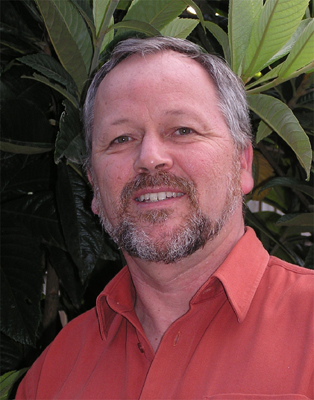
28 September- Brian Edgar
Join us for a theological reflection on the limits of humanity in the light of potential genetic and other changes to the physical and psychological form of the human person. Consideration will be given to ideas such as the concept of species, the nature of God’s action in the world, human nature as made both of the dust of the earth and in the image of God, and the benefits of healing and restoration versus comprehensive transformation. Participants should understand that no remotely comprehensive answer will be provided to the question addressed.
About the Speaker
Brian Edgar is Professor Emeritus of Asbury Theological Seminary, USA, a fellow of ISCAST, former academic dean of the Melbourne School of Theology (formerly BCV) and for some years a member of the Gene Technology Ethics Committee advising the Australian Government Office of the Gene Technology Regulator. He has taught generally in the area of science and faith and has written on a number of aspects of the theology of human nature. This ISCAST/NZCIS discussion develops the chapter “On the Future of Humanity: Enhancing the Image of God?” in the book Public Theology in Law and Life (ATF) and the article “Human Being and Human Becoming” (Zadok). Brian has also written books on the essential and distinctively human characteristics of friendship, play, and laughter. [God is Friendship (Seedbed); The God Who Plays (Wipf & Stock); and Laughter and the Grace of God (Wipf & Stock)].
“Could We” or “Should We”: Science, Ethics, and Faith in the Public Square
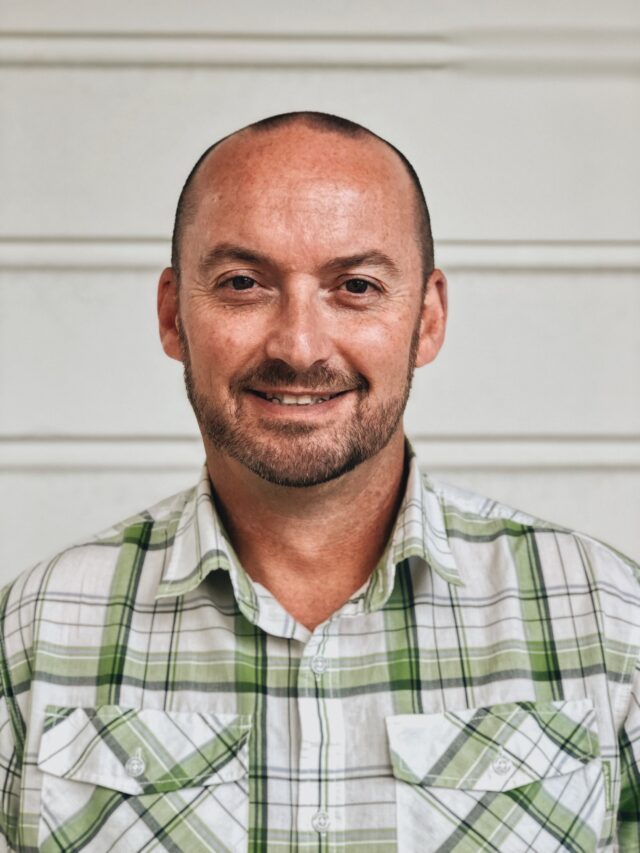
5 October- Graham O’Brien
As the advance of scientific research gains speed, we find ourselves in a new era where not only can science deepen our understanding and provide new insights into the natural world, but technology can now produce new entities and situations that have never before existed, and provide new relationships to that which is familiar. As a result, technology challenges the beliefs that form the basis of our moral worldview and leads to new ethical responses (bioethics) which often lag behind science. Within secular society, the predominant determinant of public policy relating to bioethics has been the lowest common denominator capable of securing public consensus, along with the categories of autonomy, beneficence, justice, and non-maleficence.
There is, however, a growing realisation that religion can inform bioethics and often deepens the justification for ethical action by focusing on the intention embedded in action rather than a justification based on the action or the result alone. This talk will briefly outline the work of the InterChurch Bioethics Council over the past 21 years in New Zealand, to provide input on the cultural, ethical, and spiritual issues involved in bioethics, as well as a brief consideration of how Christian spirituality can inform our bioethical decision-making.
About the Speaker
The Very Rev. Dr Graham O’Brien is Dean of Nelson Cathedral, has a PhD in Cellular Molecular Biology, and a MTh in Theology. He has been a member of the InterChurch Bioethics Council since 2002.
Climate Change Adaptation and the Inevitability of Managed Retreat: Some Scientific, Policy, and Theological Perspectives
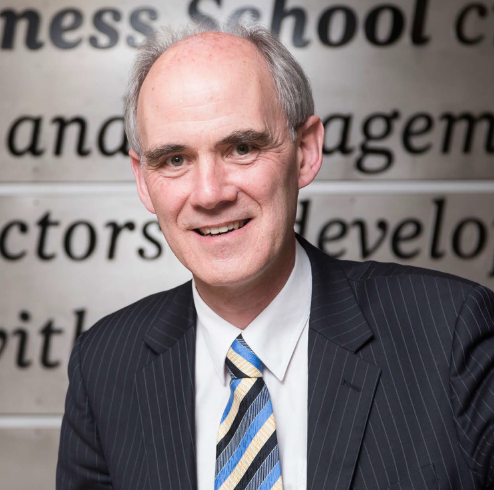
12 October- Jonathan Boston
Humanity is dealing with several major threats that could seriously impact our existence. One significant concern is our struggle to respect the limits of our planet’s resources and systems. Yet, even if we manage to rapidly reduce emissions and achieve net zero by the middle of the century, recent scientific findings suggest that critical tipping points may be crossed over the next few decades. Considering these projections, the global community needs to prepare for substantial damage to coastal areas and infrastructure, which might require relocating millions of people. Aotearoa New Zealand is among those countries most severely affected by sea level rise.
This talk will provide an overview of the latest scientific projections, focusing on sea level rise, and will discuss the policies necessary for managed retreat or planned relocation. It aims to explore these measures with a proactive, efficient, effective, and equitable approach. The presentation will also touch on some theological questions related to human-caused climate change and the inevitability of managed retreat. These questions include the recognition of human failures in caring for the earth, scepticism and denial even among some Christians, responsibilities for addressing climate change’s effects, how to show compassion in the face of migration and environmental crises, different forms of justice, and the role of lament in response to human shortcomings, loss, and suffering.
About the Speaker
Jonathan Boston is an Emeritus Professor of Public Policy in the School of Government at Victoria University of Wellington. His research interests include climate change policy (both mitigation and adaptation); child poverty; governance (especially anticipatory governance); public management; tertiary education funding (especially research funding); and welfare state design. He has served at various times as the Director of the Institute of Policy Studies and the Director of the Institute for Governance and Policy Studies at Victoria University of Wellington. His recent books and major reports include: Foresight, Insight, and Oversight: Enhancing Long-Term Governance through Better Parliamentary Scrutiny (with David Bagnall and Anna Barry) (2019); Transforming the Welfare State: Towards a New Social Contract (2019); Funding Managed Retreat: Designing a Public Compensation Scheme for Private Property Losses: Policy Issues and Options (2023).
The Dilemma of Prenatal Screening
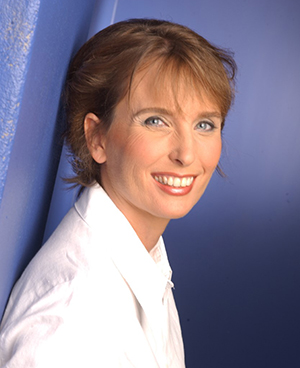
19 October- Megan Best
Prenatal screening of pregnancy for fetal abnormality is increasingly routine in Western countries. It was introduced to improve outcomes and increase choice for women. While women who value human life from the time of fertilisation have often opposed the practice of prenatal screening if abortion is an intended outcome, screening may be justified on other grounds. However, regardless of one’s view of the moral status of the fetus, problems with informed consent, scope of testing, impact of termination for fetal anomaly, and discrimination against those who refuse termination make the procedure ethically problematic for all participants. This talk questions the place of routine prenatal screening as an ethical way of increasing consumer choice
About the Speaker
Dr. Megan Best has over 30 years of experience in palliative care and medical ethics teaching, research, and practice. She has taught medical ethics at tertiary level since 2001 and is currently an Associate Professor of Bioethics at the Institute for Ethics and Society at The University of Notre Dame Australia. She is internationally known for her work in Christian bioethics. Her research has focussed on bioethics at the beginning and end of life and in the areas of genomics and palliative care. She has also researched extensively in the areas of spirituality in healthcare, whole-person care, and psycho-oncology. She is the author of Fearfully and Wonderfully Made: Ethics and the Beginning of Human Life (2012) and A Life Already Started (2013). Throughout her career she has engaged with evidence-based health policy development, making important contributions to palliative care strategy and health legislation.
Humanitarian Ethics and Christianity: Histories of Entanglement
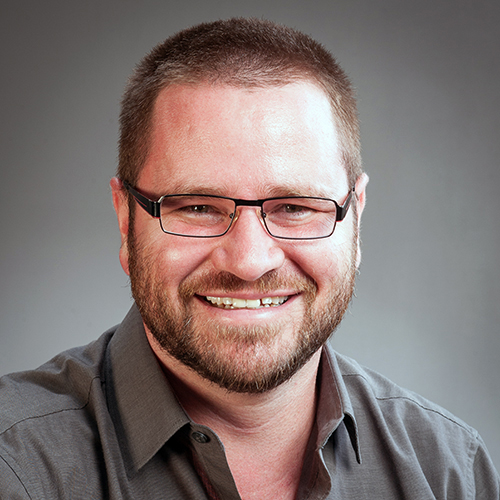
26 October- Philip Fountain
In this seminar I analyse the relationships between Christianity and humanitarian ethics. While some scientists have approached altruism as a distinctive universal feature of human life, historical and anthropological scholarship emphasise instead how practices of care for distant suffering strangers are culturally and historically situated. Various recent studies have explored how religion, and specifically Christianity, has been decisive for shaping modern Western humanitarianism. While this history is sometimes told as a matter of triumph, I caution against this. It is correct to point to the profound entanglements between Western humanitarianism and Christianity, but they are both also entangled in complex histories of colonialism, paternalism, racism, and economic inequality. In tracing these contested histories of entanglement I seek to probe into questions of how Christians should approach the ethics of humanitarianism today.
About the Speaker
Philip Fountain is the Program Director of Religious Studies at Te Herenga Waka-Victoria University of Wellington. He has published extensively on the intersections between religion and humanitarianism/development. His books include The Mission of Development: Religion and Techno-Politics in Asia (co-edited with Catherine Scheer and R. Michael Feener) and the forthcoming The Service of Faith: An Ethnography of Mennonites and Development. He was previously a Senior Research Fellow at the Asia Research Institute, National University of Singapore. He received his PhD in Anthropology from the Australian National University.
Ethical AI: The Challenge of Our Time
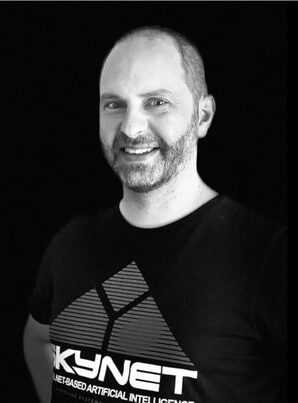
2 November- James Garth
James Garth is an aerospace engineer and program manager heavily invested in designing the next generation of autonomous technologies. He maintains an active interest in the ethical, legal, operational, strategic and political aspects of lethal autonomous systems, artificial intelligence, human-machine teaming, and trusted autonomy, with the goal of improving outcomes including safety, distinction and proportionality, for those who employ them.
About the Speaker:
More information t2023 has seen significant developments in the fields of autonomous systems and artificial intelligence, in the civil, commercial, and military sectors. The question of their development and usage is no longer one of “when”; it is “now.” This presentation centres on the realities of what is currently occurring on the ground and in the air, focussing on near-term and medium-term deployments of autonomous systems, with a frank discussion on their advantages and operational limitations. Examples of human-in-the-loop, human-on-the-loop, and fully autonomous systems will be provided, and their characteristics discussed. An overview will be provided of the active efforts currently underway to regulate these systems and ensure their safe and ethical operation so far as reasonably practical. I will finish by reflecting as a Christian on the realities and possibilities that I outline in this talk.o follow.
Living in the Midst of Death: Theological Reflections on Ageing and Technology
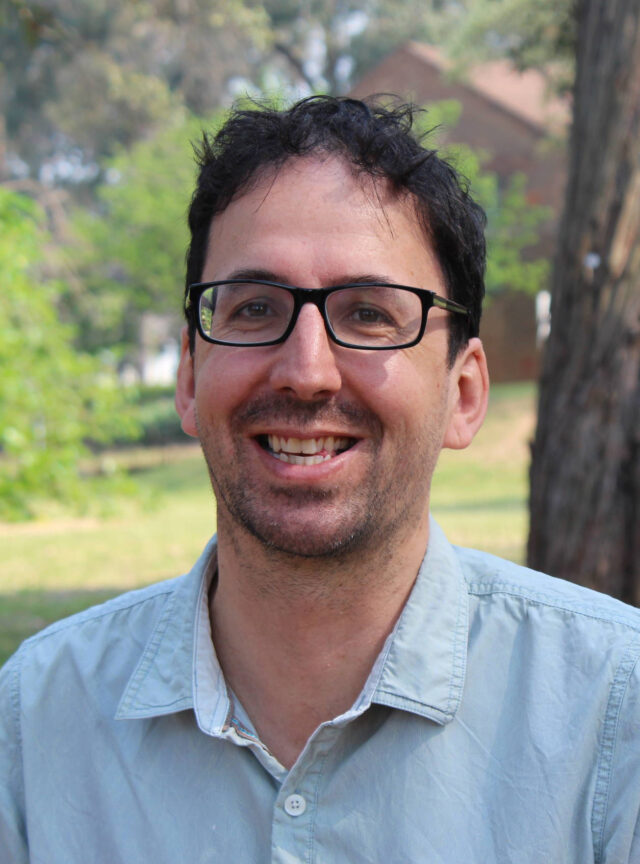
9 November- Michael Mawson
In recent years there has been a growing body of research aiming to understand the mechanisms that underlie ageing in order to extend the human lifespan. In this presentation, I consider some of the ethical issues raised by this research and pursuit. In addition, I interrogate some of the underlying assumptions of this pursuit by drawing on Dietrich Bonhoeffer’s theological anthropology and insights into ageing from the philosopher Jean Améry.
About the Speaker
Michael Mawson is a Pākehā theologian and the Maclaurin Goodfellow Associate Professor at the University of Auckland/ Waipapa Taumata Rau. He has published widely in Christian ethics and on the theology of Dietrich Bonhoeffer. His current research focuses on theology and aging, decolonisation and liberation theologies.
“I Don’t Think That Text Means What You Think It Means”: Psalm 139, Hermeneutics, and the Ethics of Abortion
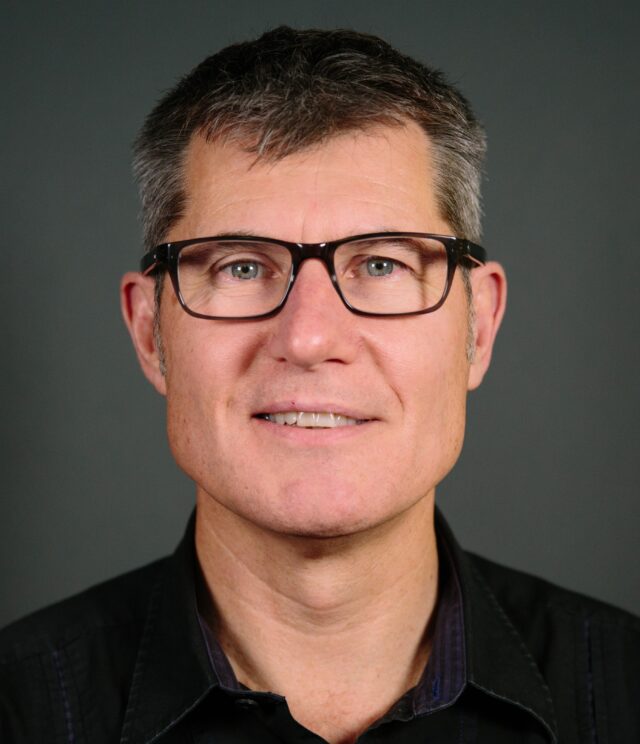
16 November- Andrew Sloane
Key texts in the Hebrew Bible play an important role in justifying a conservative (“pro-life”) abortion ethic. Texts such as Psalm 139 are frequently appealed to as providing important warrants for the belief that human personal existence begins at conception, and, in concert with the presumed wrongness of taking an innocent human life, thus support pro-life ethical conclusions about the wrongness of abortion. Drawing on the hermeneutics of poetry and epistemological matters related to their function as a theological resource, I argue that Psalm 139 does not (and probably cannot) do the work that advocates of a conservative pro-life abortion ethic need it to do. I begin by noting the significance of Psalm 139:13–16 in discussions of the ethics of termination of pregnancy, before turning to careful exegesis of the text in light of recent work in Psalms scholarship. I contend that the principal illocutions of the Psalm are first personal and relational, and do not entail the kinds of claims that a conservative “anti-abortion” ethic requires. While it does have implications for medicine and bioethics, including in relation to the beginning of human life, Psalm 139 does not mean what they think it means.
About the Speaker
Andrew Sloane is a Fellow of ISCAST and has medical and theological training. He is Senior Lecturer in Old Testament and Christian Thought, and Director of Research at Morling College. He teaches in the areas of integration of faith and work, OT exegesis (Genesis, Deuteronomy, 1&2 Samuel, Ezekiel, Psalms), OT interpretation, philosophy of religion, and bioethics. Andrew qualified in medicine and practised briefly as a doctor before going into Baptist ministry. Prior to moving to Morling, he taught at Ridley College in Melbourne (1996–2002). He has published in Old Testament and hermeneutics, ethics, philosophy, and theology. Andrew is married to Alison, and they have three adult daughters.
Gender Issues: Christian Perspectives in Troubled Territory
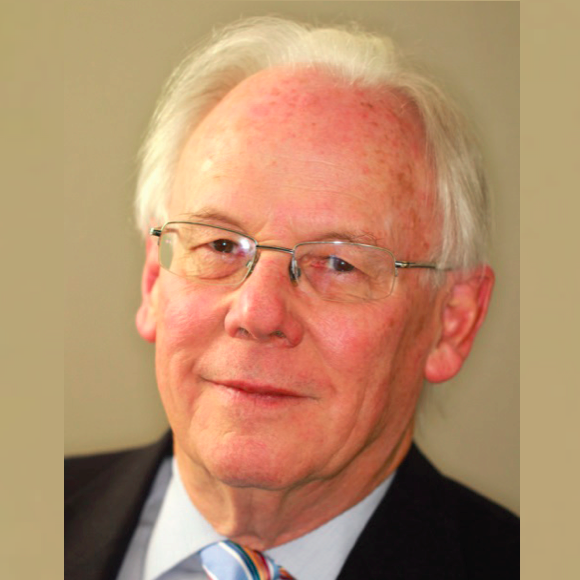
23 November- Gareth Jones
Few topics are designed to be more controversial and even reputation-destroying than certain gender issues. People lose their jobs over adopting the “wrong” stance, whatever the “wrong stance” might be. General as this statement is, it applies even more forcibly in certain Christian circles where those with a discordant view or practice are not welcome. It is notoriously difficult to get respectful dialogue, in which those with different views are prepared to listen to one another and even learn from one another. My aim will be to do just that as I touch on scientific, ethical, social, and biblical input. The discussion will move from same-sex attraction to transgender issues. I will utilise a range of case studies including those of Christians. I will also ask why the Christian church finds these topics so perplexing. Being a human anatomist I have my biases, as I aim to take seriously biomedical perspectives within a broad biblically informed context. My aim is to tackle these deeply troubling issues and see where they may lead.
About the Speaker
Gareth Jones is a fellow of ISCAST, and an Emeritus Professor of Anatomy in the University of Otago, Dunedin, New Zealand. For many years he was Head of the Department of Anatomy at Otago, following which he served as Deputy Vice-Chancellor (Academic), and then Director of the Bioethics Centre. The early part of his career was spent at University College London, followed by a number of years at the University of Western Australia.
He continues with his writings at the interface of anatomy and ethics as he strives to integrate his Christian conceptions with his commitments to biomedical science. He has covered a range of bioethical issues, for example, reproductive technologies and ways of dealing with the dead human body. His interests inevitably take him into controversial territory since he has been prepared to address highly inflammatory issues at various stages throughout human life. Some of these are touched on in his most recent book At the Margins: A Life in Biomedical Science, Faith, and Ethical Dilemmas (Resource Publications, Wipf and Stock, 2022).
“Slim for Him”? Body Image and Weight Loss in Theological Perspective
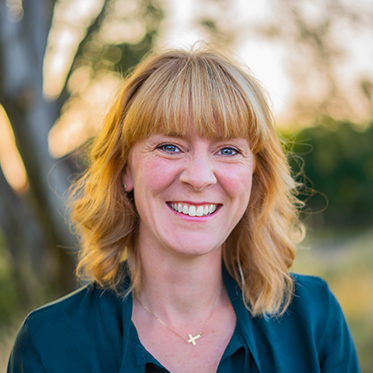
30 November 2023- Hannah Craven
In Australia at the moment less than one third of the population are considered to be at a healthy weight, with an equal number overweight, and the same again considered obese. Obesity is a significant public health concern, but it is increasingly recognised that sustained weight loss is hard to achieve, and many weight management strategies have been ineffective, or even harmful.
At the same time, presentations of eating disorder symptoms are rising significantly, and in children younger than ever. Our fear of “fat,” combined with diet culture and our sustained glorification of thinness, result in many Australian women (and men) living uncomfortably—and often unhealthily—in their bodies. Recently, we’ve seen the rise in the use of drugs like Ozempic for cosmetic weight loss impacting the management of type 2 diabetes nationally, uncomfortably demonstrating that, too often, image really does trump health.
Does Christian theology have anything useful to add to our culture’s troubled relationship with weight, size, and body image? Drawing from current medical thinking about weight, health and weight loss management, along with insights from practice in psychology in the treatment of eating disorders, this talk will sketch some biblical and theological principles for a Christian approach to bodies, weight, health, and weight loss.
About the Speaker
Rev. Hannah Craven is Associate Lecturer in Christian Thought at Ridley College in Melbourne.



